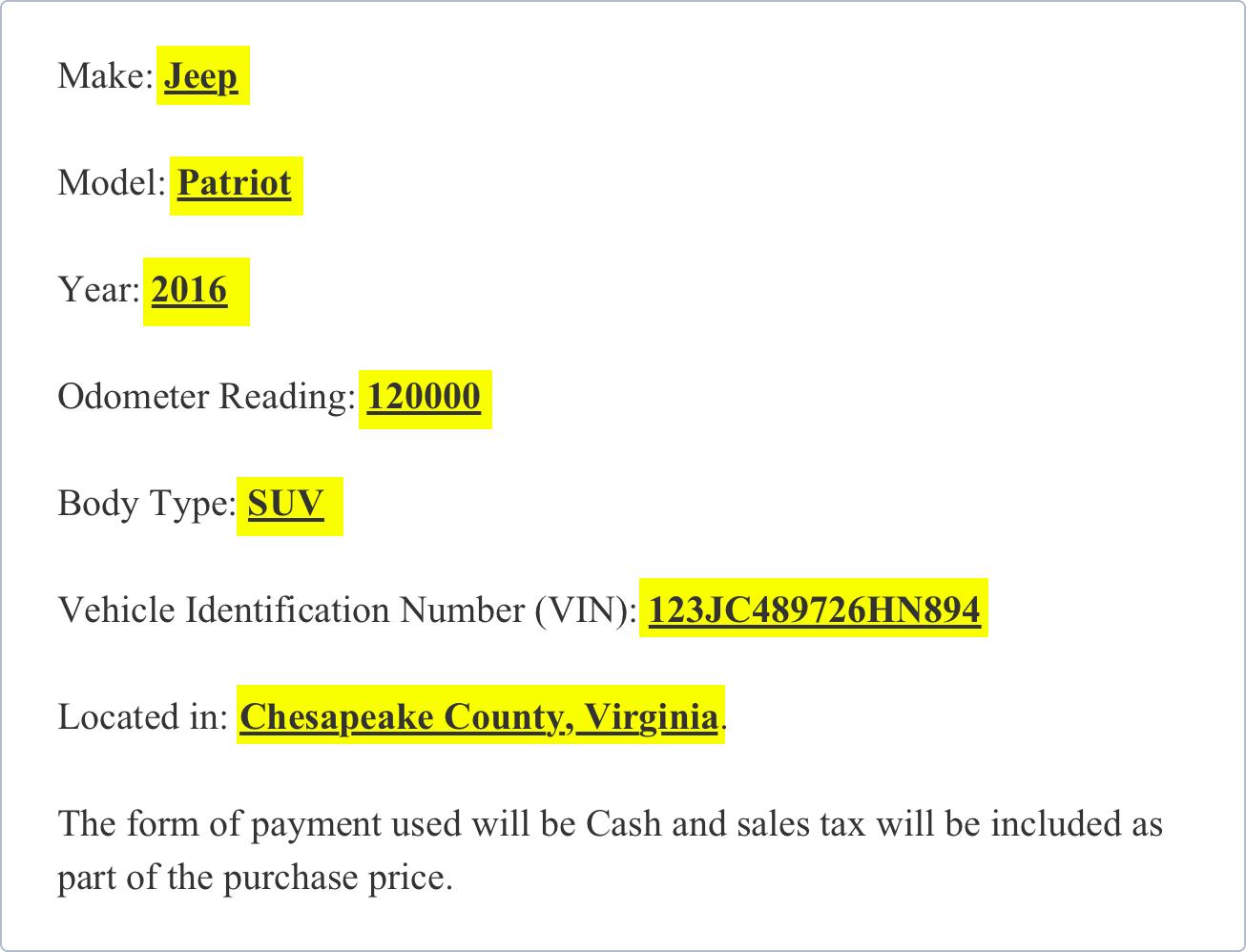Private Seller Sold Me A Car With Odometer Rollback
Private Seller Sold Me A Car With Odometer Rollback
Buying a used car from a private seller can be a risky endeavor. The seller may not be honest about the condition of the car or may not be forthcoming about any damage that has been done to the vehicle. One of the most deceptive practices that private sellers use is odometer rollback. This is the illegal practice of resetting the odometer display to show fewer miles than the car has actually traveled. Unfortunately, it can be hard to detect this kind of fraud.
What Is Odometer Rollback Fraud?
Odometer rollback fraud is when a car’s odometer is reset to show fewer miles than it has actually traveled. This is illegal in most countries, as it allows the seller to deceive the buyer about the true condition of the car. Odometer fraud is not just a problem in private car sales, but it can also occur in dealerships when a used car is sold with a lower odometer reading than its actual miles.
How to Detect Odometer Rollback Fraud
Detecting odometer fraud can be difficult, but there are some things you can look for that might indicate that the odometer has been tampered with. One of the most obvious signs is if the odometer reading does not match the condition of the car. For instance, if the odometer reads only 25,000 miles but the car looks like it has been driven much more than that, then there is a good chance the odometer has been rolled back.
Another way to detect odometer rollback fraud is to look at the wear and tear on the car. If the upholstery looks worn and the brakes, shocks, and tires seem to be in need of replacement, it could be a sign that the odometer has been tampered with. You can also look at the service records to see if the odometer readings match up.
What to Do if You Suspect Odometer Rollback Fraud
If you suspect that the odometer has been tampered with, the first thing you should do is document the odometer reading and the condition of the car. Take photos and videos of the car and make sure to get a signed statement from the seller confirming the actual miles driven. You should also have the car inspected by a qualified mechanic to check for any signs of wear and tear.
Next, you should contact your local law enforcement and file a report. This will help make sure that the seller is held accountable for their fraud. Finally, you should contact the National Highway Traffic Safety Administration (NHTSA) and report the fraud.
Conclusion
Odometer rollback fraud is a serious problem in the used car market. It can be difficult to detect, but there are some signs that can help you spot it. If you suspect that a private seller has tampered with the odometer, be sure to document the odometer reading and condition of the car, contact law enforcement, and report the fraud to the NHTSA. By taking these steps, you can help protect yourself from purchasing a vehicle with an inaccurate odometer reading.
Protecting Yourself from Odometer Rollback Fraud - VinFreeCheck
Vehicle Bill Of Sale Form - Free Vehicle Bill Of Sale Template | FormSwift

used car Odometer Rollback Fraud | used car inspection
